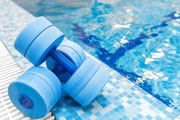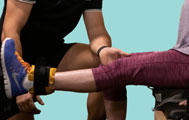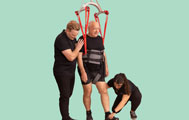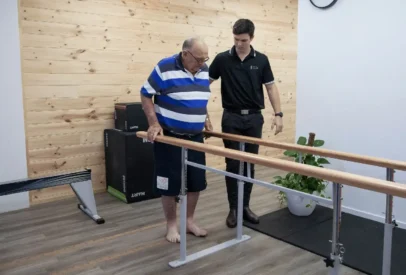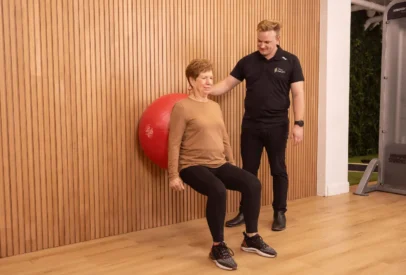Top 5 benefits of Hydrotherapy for people with disability
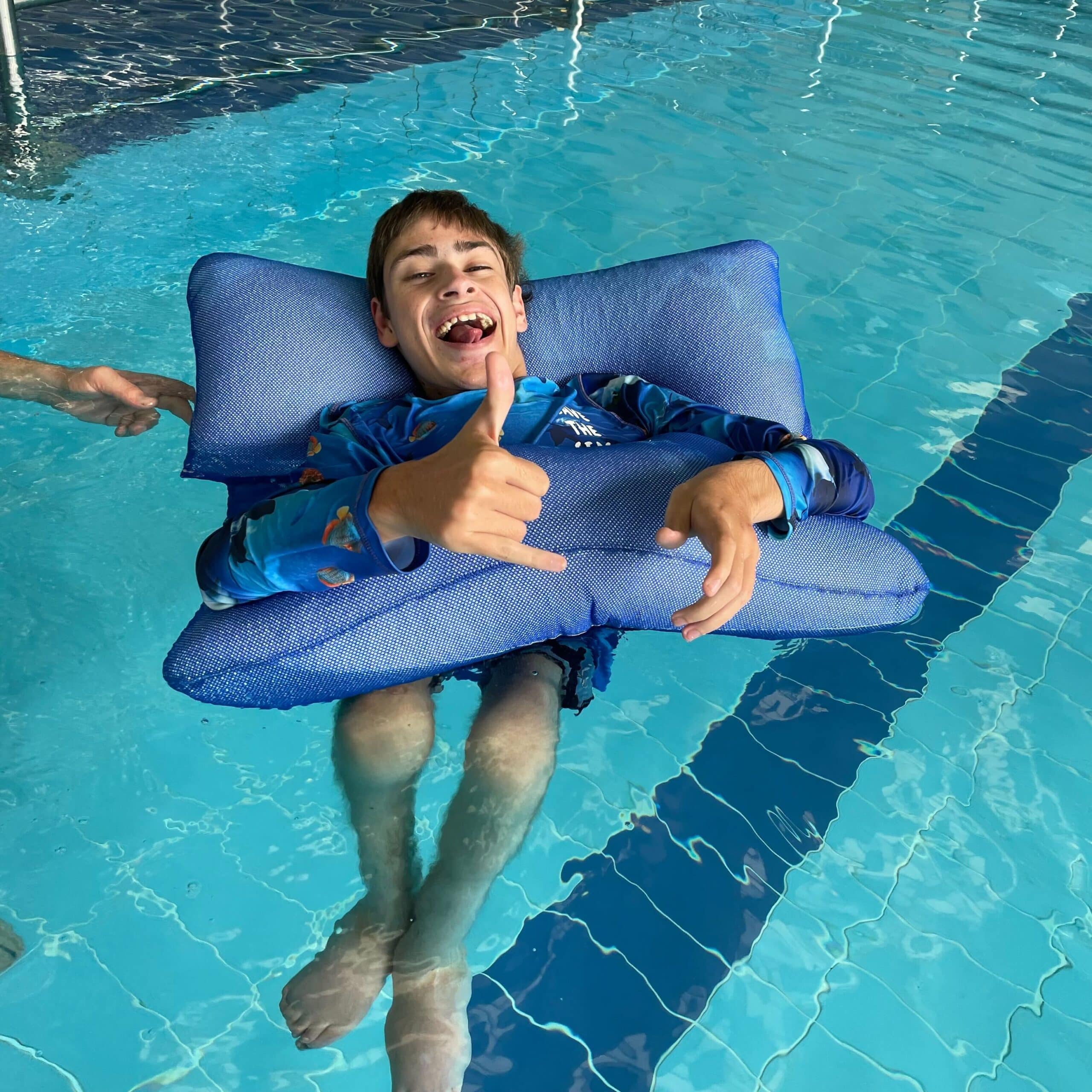
Hydrotherapy, or water therapy, is a form of treatment that uses the properties of water—such as buoyancy, resistance, and temperature—to support therapy plans and improve overall well-being. This therapeutic approach is particularly beneficial for individuals with disabilities, providing a range of physical and psychological benefits. At Hiya Health, we are proud to offer hydrotherapy services across all of our clinic locations which are run by our experienced Exercise Physiologists and Physiotherapists, who are dedicated to helping our clients achieve positive outcomes.
In this article, we’ll explore the top five benefits of hydrotherapy for individuals with disabilities and explain how our experienced team can help make the most of this therapeutic approach.
1. Enhanced Buoyancy and Reduced Joint Stress
One of the primary advantages of hydrotherapy is the buoyancy provided by water. Buoyancy reduces the effective weight of the body, thereby decreasing the stress on joints and muscles. This is especially beneficial for individuals with arthritis, joint pain, or other musculoskeletal conditions. The reduced impact on the joints allows for a greater range of motion and the ability to perform exercises that might be too painful or difficult on land or in the daily activity of their lives.
By immersing the body in water, the pressure on the joints is alleviated, allowing for gentle movement and stretching. This can lead to improved flexibility, reduced pain, and an overall increase in physical function. For people with disability or those recovering from injury, this means they can engage in therapeutic exercises that support their recovery without the usual discomfort associated with weight-bearing activities.
2. Increased Muscle Strength and Endurance
Water provides natural resistance, which can be harnessed to strengthen muscles and improve endurance. Unlike traditional land-based exercises where resistance is often static, the resistance in water is dynamic and adjusts according to the speed and intensity of movement. This feature allows for a customised workout that can be adapted to the individual’s strength and endurance levels.
Hydrotherapy sessions can include exercises that target specific muscle groups, enhance core stability, and improve overall muscle tone. The resistance of the water also helps in performing exercises more effectively, as it encourages controlled movements and can reduce the risk of overexertion or strain. This can be particularly advantageous for individuals in the early stages of rehabilitation or those who need to build strength gradually.
3. Improved Circulation and Reduced Swelling
The hydrostatic pressure exerted by water can aid in improving circulation and reducing swelling. As the body is submerged, the pressure helps to return blood to the heart, which can enhance overall cardiovascular health. This is particularly beneficial for individuals with poor circulation or those experiencing edema (swelling due to fluid retention).
The combination of warm water and gentle exercise can further support these benefits. Warm water helps to relax muscles and dilate blood vessels, which can contribute to improved blood flow and reduced swelling. This dual effect can be crucial for those recovering from surgery, injury, or managing chronic conditions that cause fluid retention.
4. Enhanced Relaxation and Stress Relief
Hydrotherapy is not just about physical benefits; it also provides significant psychological advantages. The soothing nature of water can promote relaxation and stress relief. Warm water immersion can trigger the release of endorphins, the body’s natural painkillers, which can improve mood and provide a sense of well-being.
For individuals with disabilities or those in rehabilitation, the calming effect of hydrotherapy can help reduce anxiety and enhance mental health. The supportive environment of the water allows for a focus on relaxation and mindfulness, which can be particularly therapeutic during challenging periods of recovery.
5. Improved Functional Independence
Ultimately, hydrotherapy can play a vital role in enhancing functional independence for individuals with disabilities. By improving strength, flexibility, balance, and coordination, hydrotherapy supports greater autonomy in daily activities. Tailored hydrotherapy programs can simulate everyday movements and tasks, helping our clients integrate these skills into their routine.
At Hiya Health, we understand the unique needs of each client and are committed to providing exceptional hydrotherapy services. Our team of skilled Exercise Physiologists and Physiotherapists are trained in modern hydrotherapy techniques and is dedicated to achieving the best possible outcomes for our clients.
Our professionals work closely with each individual to develop a personalised hydrotherapy program that aligns with their goals. This focused approach ensures that our clients receive the most effective treatment to support their journey toward greater independence and an improved quality of life.
If you are interested in booking in an initial assessment, please contact us.
Subscribe to e-news
Receive the latest health tips and news straight to your inbox







